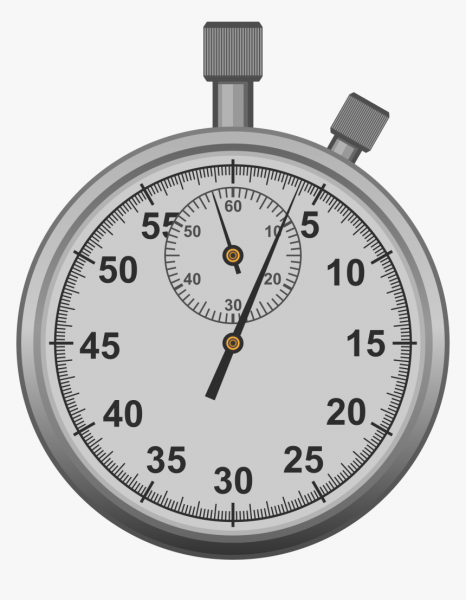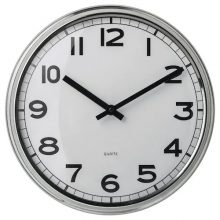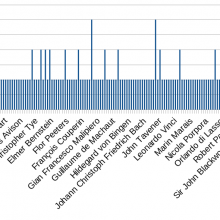Roller-coaster Ride
Today has been fun, in an up-and-down and terrifying sort of way!
First the good news: I finally managed to build a pure Arch-based virtual machine with no slip-ups, mistakes or catastrophes. Installing Arch is never for the faint-hearted and I've done it lots of times in the past... but never done it 'quite right', with always something missing or not-quite-working! I accordingly long ago gave up hope of ever achieving something that seemed stable and functional. But that run of ducks was broken today! Hurrah. (And I've written up how I did it here). [...]










